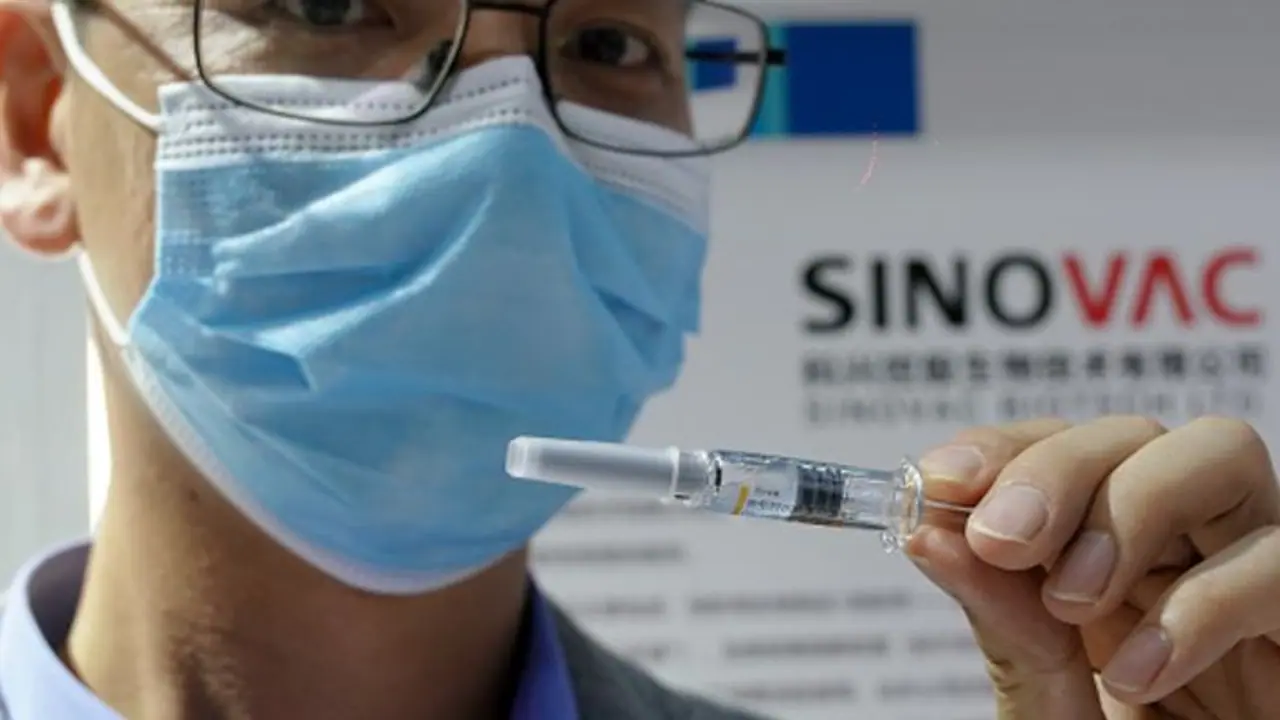A total of 552 healthy participants aged between 3 and 17 will be administered with two doses of US-listed Sinovac's CoronaVac or a placebo in a combined Phase 1 and Phase 2 trial estimated to begin on September 28 in the northern Chinese province of Hebei
Beijing: Chinese vaccine maker Sinovac Biotech has planned to commence a clinical trial of its experimental coronavirus vaccine with children and adolescents later this month as it has decided to widen its test on a shot that's already in the final stage of study with adults.

Finding a vaccine that works for the entire population, including younger people, could be crucial to preventing outbreaks of the virus - that has led to over 930,000 deaths worldwide - through schools and kindergartens, potentially affecting teachers and parents.
Aged between 3 and 17, a total of 552 healthy participants will be administered with two doses of US-listed Sinovac's CoronaVac or a placebo in a combined Phase 1 and Phase 2 trial estimated to begin on September 28 in the northern Chinese province of Hebei, according to a registration record published in US National Library of Medicine on Wednesday (September 16).
A Sinovac spokeperson said that the trial has already been approved by Chinese regulator.
China has vaccinated at least tens of thousands of its citizens rolling out experimental coronavirus vaccines. This has attracted international interest in their development, despite expert concerns over the safety of drugs that have not completed standard testing.
As part of that programme, CoronaVac, final-stage large-scale trials in Brazil, Indonesia and Turkey, has already been given to about 90% of the company's employees and their families.
Data so far suggests that the virus generally causes milder disease in children compared with adults, but some cases of children requiring intensive care have been also reported, according to the World Health Organization.
Several hundred children with a rare but severe inflammatory syndrome were admitted to US hospitals. This syndrome can include symptoms such as fever, rashes and swollen glands, associated with the coronavirus.
Earlier this month, Sinovac had said CoronaVac appeared to be safe and able to induce antibodies for older people, while the vaccine-generated antibody levels were slightly lower than seen in younger adults, citing preliminary results from an early to mid-stage trial.
